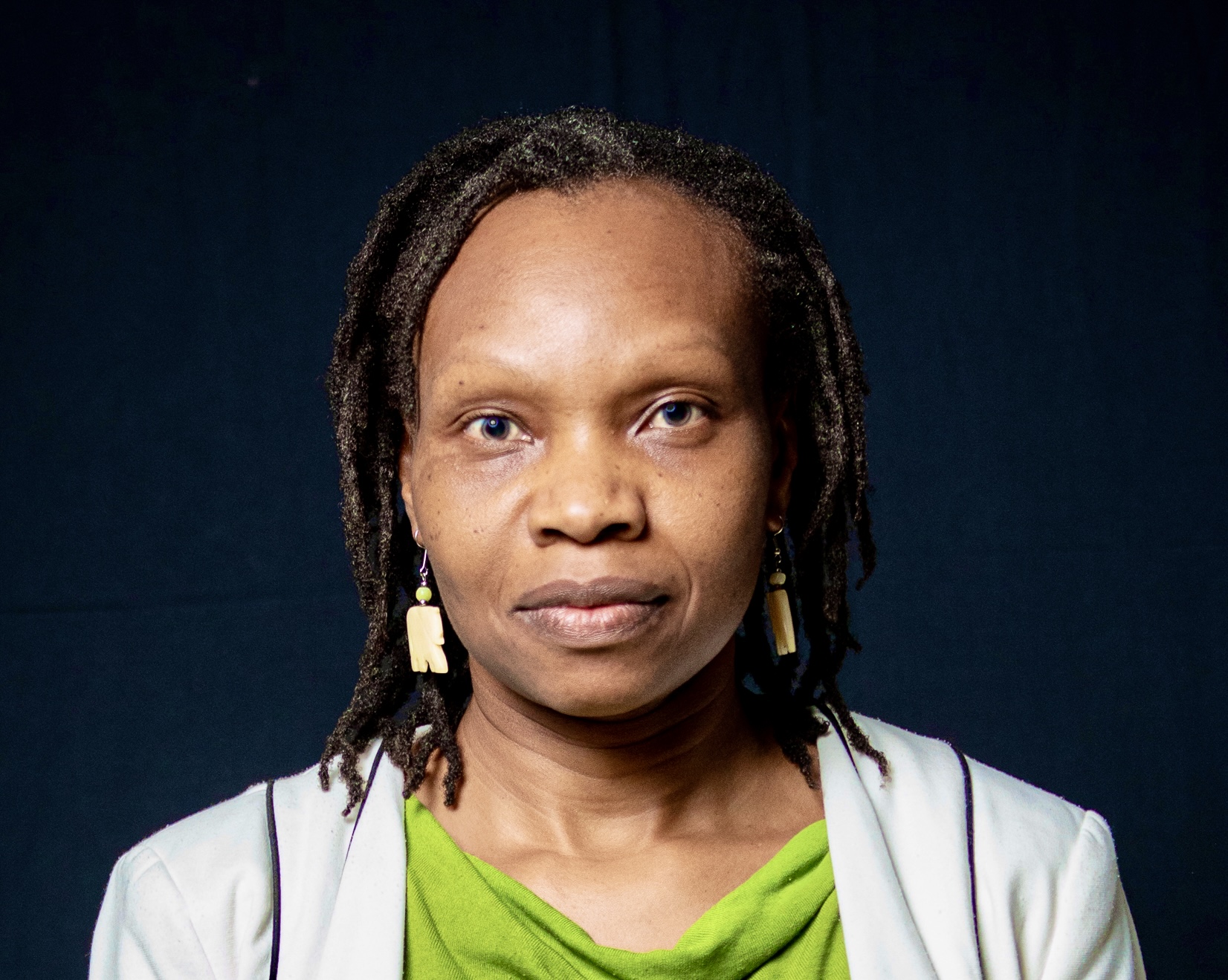News

Ahead of the commemoration of World Contraception Day, the African Institute of Development Policy (AFIDEP) through Dr. Violet Murunga supported the government in developing the factsheet that laid bare the situation concerning the use of modern contraception in the family planning programme.
According to the Factsheet, as of 2022, 57% of married women in Kenya were using modern contraceptives, up from 32% in 2003. Despite these gains, unmet needs persist, with 14% of Kenyan women who wish to delay or avoid pregnancy still unable to access contraception.
While the Kenyan government has set an ambitious goal of increasing modern contraceptive use to 66% by 2030, in alignment with Sustainable Development Goal (SDG) 3.7, achieving this target requires overcoming several barriers. Chief among them is the continued heavy reliance on international development partners for funding family planning programs, despite strategic calls for increased domestic investment.
It is noted that family planning is not just a health issue—it is a key driver of social and economic development. “Ensuring that every woman who needs contraceptives can access them is essential for reducing unplanned pregnancies, improving family welfare, and contributing to Kenya’s broader economic growth. We need sustained domestic financing to ensure these programs remain accessible.”
The National Family Planning Costed Implementation Plan for 2020 estimated that KES 7.9 billion was required to meet family planning needs, yet a funding shortfall of KES 2.4 billion remains. This gap leaves many women, especially those in remote areas, unable to access essential reproductive health services. In Kajiado County, for instance, 11.6% of women report taking over two hours to reach the nearest health facility.
Despite these financial challenges, Kenya continues to lead innovative approaches to contraceptive access. The country has embraced self-administered contraceptives like DMPA-SC, empowering women to manage their reproductive health with greater autonomy. Furthermore, with over 88,000 Community Health Promoters (CHPs) deployed nationwide, Kenya is expanding primary healthcare services at the grassroots level, making contraceptive access more equitable, particularly in hard-to-reach communities.
Download the WORLD CONTRACEPTION DAY Factsheet

